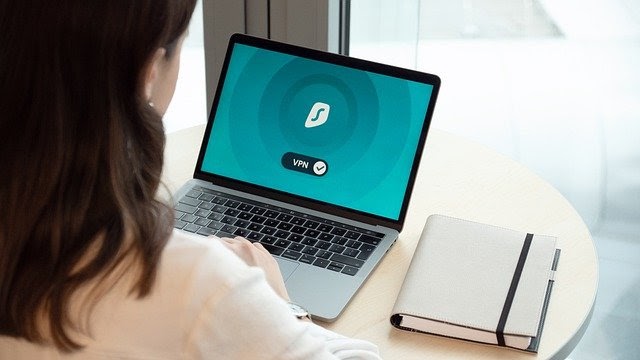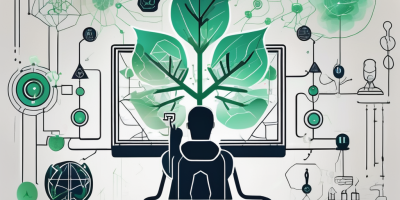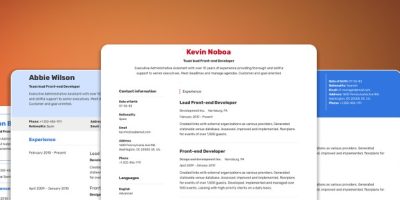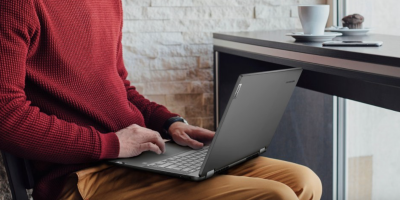You’ve just gotten a laptop and are ready to start working on it. You’re so excited about the new laptop that you haven’t even thought of what you need to do in order to make sure your data is safe on it. What should you do? This article will show you how to keep your laptop safe from hackers and people who want access to your personal information by providing some tips for keeping data safe on laptops.
Update the operating system regularly to avoid security vulnerabilities
Update the operating system whenever you are notified that there is an update available. This will help to avoid security issues because newer versions of software often have fewer vulnerabilities than older versions do. If you don’t update your computer regularly, it may be vulnerable when a new danger is discovered in your operating system or other software on your computer.
Furthermore, make sure that all other important applications and drivers (like printers) are updated as well so they’re not susceptible to hackers either. Detailed advice on software issues that can occur from not updating system files can be found on websites like thesourcedenver.com, which focus their attention on helping laptop users stay safe. These solutions aren’t hard to implement and will make a big difference to your safety.
Use two-factor authentication to make sure you’re not hacked
Another thing you can do to make sure your laptop is safe from hacking is using two-factor authentication. This means that when you’re logging in, someone needs a password and something else such as an SMS text message or a security key for access. In the case of being hacked by having malware installed on your computer, this will stop them from accessing anything because they won’t have either one of those things!
Nowadays a lot of online software offers two-factor authentication, so make sure to look for that on any new programs you download.
Most of the time, two-factor authentication is done through a third-party company like Google Authenticator or Authy which provides both an app and backup codes in case your phone runs out of battery.
Make sure your antivirus is up to date and running at all times
Antivirus programs are the first line of defense for your computer. Ensuring that antivirus software is up to date and always on will help protect you from viruses, malware, spyware, and other malicious files.
There are many antiviruses to choose from, some are free while others have a one-time fee or monthly charge. You’ll want something with good reviews and frequent updates available in order to keep yourself protected. Make sure not only that it covers Windows but also MacOS if possible so you can be safe no matter what device you use!
Use an antimalware program
Antimalware is a program that will protect you from malware, which are the programs used to disrupt or damage your computer. It can be difficult to tell antimalware and antivirus apart because they both do similar things-they stop harmful files from getting on your computer in the first place by scanning everything as it goes into your system. But, in order to be safe it’s best you have both installed.
Keep important documents, photos, and other personal data in a separate hard drive
One of the best ways to keep your data safe is by keeping it in a separate hard drive. This will help you avoid any issues with lost information or deleted files and also puts less wear on the laptop’s memory. It doesn’t matter what operating system you use, because there are many options for external storage devices that can be used with all types of computers.
An external storage device is also great for keeping your data backed up in the event of a computer crash. This is especially helpful if you’re using your laptop as a desktop replacement because computers can be more likely to break down or malfunction when used for long periods of time.
The main drawback with external devices such as hard drives and flash drives is that they take up room on your desk and are easily misplaced; this also means it’s easy for someone else to steal them.
So far there are no 100% proven methods available for keeping all personal information safe from hackers, but taking steps like backing up files on an external storage device will help keep some important documents safe at least.
For communication, use apps with encrypted chats
Communicating with your friends can also expose your information and apps to danger. You should always keep in mind to only use encrypted apps when exchanging any sensitive data with others on the internet. This includes phone numbers and email addresses for example.
Encrypted messages are the ones that can’t be read by third-party apps so hackers can’t get access to them. This ensures that all information remains secure and private in case one of the apps is compromised or hacked.
Some apps allow you to encrypt individual messages while others give you a choice between various encryption levels, it’s important to choose wisely which apps will be used for what purpose!
Be cautious when you’re using public Wi-Fi networks
Public Wi-Fi networks that aren’t password protected can create security issues. Hackers may gain access to your data and files by using public Wi-Fi networks, especially if they’re unsecured.
For this reason, you should avoid downloading any type of file (especially large ones) onto public wi-fi networks. You should also be careful about entering personal information on public networks, as hackers can intercept your information from public Wi-Fi and use it to steal your identity or other confidential details of yours.
Also, be careful if you are using public wi-fi for work purposes, especially if you are thinking about sending any type of files through this connection. This is not recommended and it’s best to wait until you are connected to a safe network before you engage in business communication of forwarding documents.
Everyone can take care of their own cybersecurity
This blog post has provided you with some of the best ways to keep your computer secure. But there are many other things that can be done as well that couldn’t fit into this article.
What is important for you to understand is that the digital world will never be perfect. In order to protect yourself and your data, make sure you are using these simple cybersecurity practices so that no one can access or steal from you. You don’t have to be a computer whiz or security expert to protect yourself from various threats.













Comments